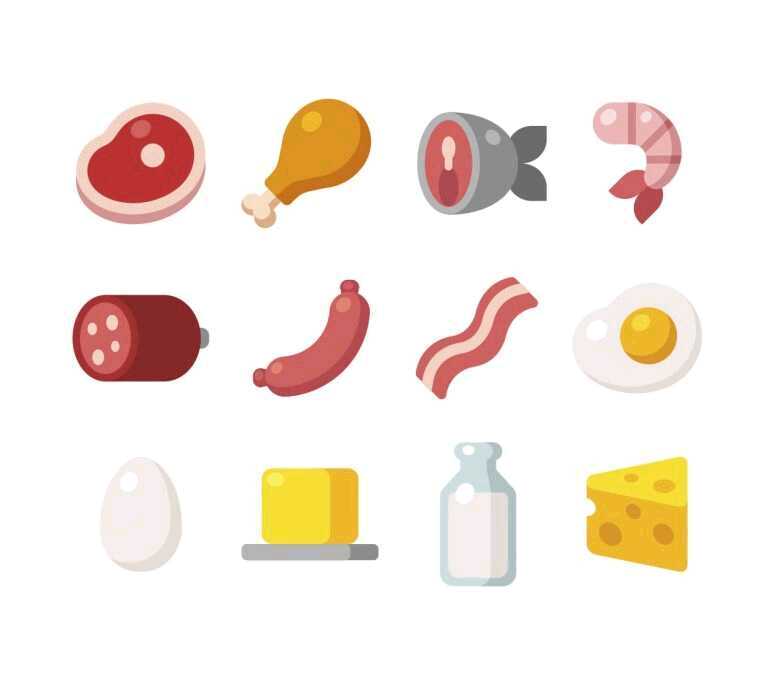
Protein plays an important role in your body, both for diabetes patients and individuals without chronic health conditions.
For diabetes patients, however, the process of metabolizing meat becomes particularly important, as the mechanisms involved in food play a role in how high or low your blood sugar is.
What Is Protein?
Protein is one of the essential building blocks that make up the human body. In food, protein is found in meats, dairy, and certain plants, alongside a host of other components. It is these other components that are challenging decades-old conceptions of protein and its consumption.
Protein Intake and Diabetes
Typically, diabetes patients are instructed to consume roughly the same amount of protein found in other diets. The difference often comes in the manner and timing of protein consumption. Many diabetes patients are instructed to eat protein alongside carbohydrates to round out metabolic processes and keep blood sugar levels stable, citing the notion that protein takes 3-4 hours to be metabolized and consequently introduced into the blood stream as sugar.
Some findings, however, have found that protein itself does not consistently metabolize in 3-4 hours and in some cases had to positive or negative effect on glucose levels at all. This means that encouraging the use of protein as a delayed release of sugar may be faulty and could challenge the manner in which diabetic men and women consume protein.
Protein Use
 When discussing protein, people typically think of meat and dairy products. Although there are some talks of lean meats, that is typically relegated to chicken or turkey, and the discussion ends there. What should be noted, however, is that many protein sources have a high “calories from fat” table, which changes the way the food will be metabolized. Beef, for instance, is approximately a half-and-half split between calories from protein and calories from fat, meaning that it should not be treated as a protein source alone but also as a measure of your daily fat intake.
When discussing protein, people typically think of meat and dairy products. Although there are some talks of lean meats, that is typically relegated to chicken or turkey, and the discussion ends there. What should be noted, however, is that many protein sources have a high “calories from fat” table, which changes the way the food will be metabolized. Beef, for instance, is approximately a half-and-half split between calories from protein and calories from fat, meaning that it should not be treated as a protein source alone but also as a measure of your daily fat intake.
The type of protein you eat will greatly determine the type of blood sugar response you have. Lean meats, with a much lower calories-to-fat ratio, will have little to no affect on blood sugar levels while higher-fat meats (think beef—even lean beef—pork, and processed meats) will lead to greater blood sugar highs and lows.
The next time you load up on cheese or select a turkey leg from the fridge, take a few moments to think about how you’re pairing your food and how your blood sugar is currently responding. The type of protein you consume could mean the difference between enjoying an afternoon of steady blood sugar levels and experiencing a drastic spike followed by a quick crash.
ReferencesUCSF. Accessed 5/18/17.
Diabetes Spectrum. Accessed 5/18/17.
